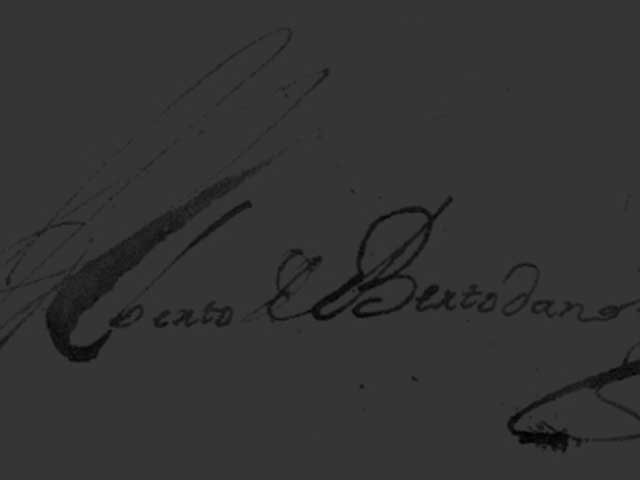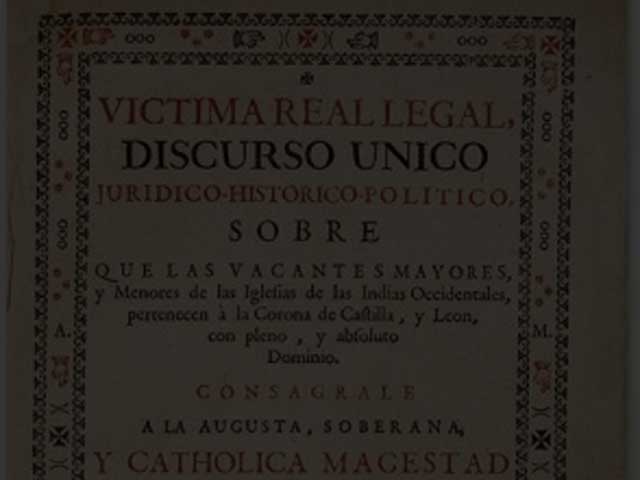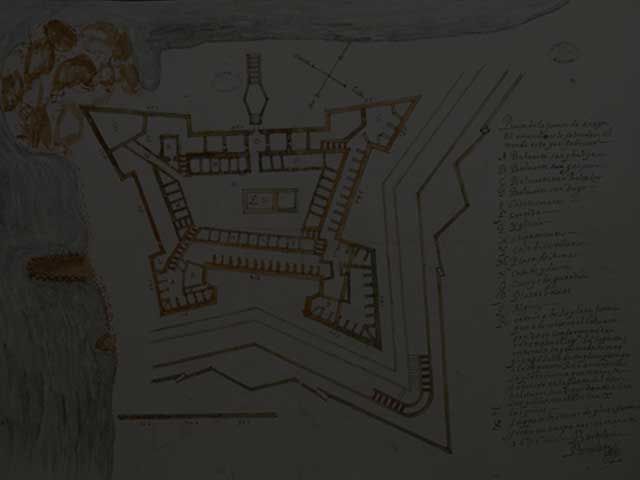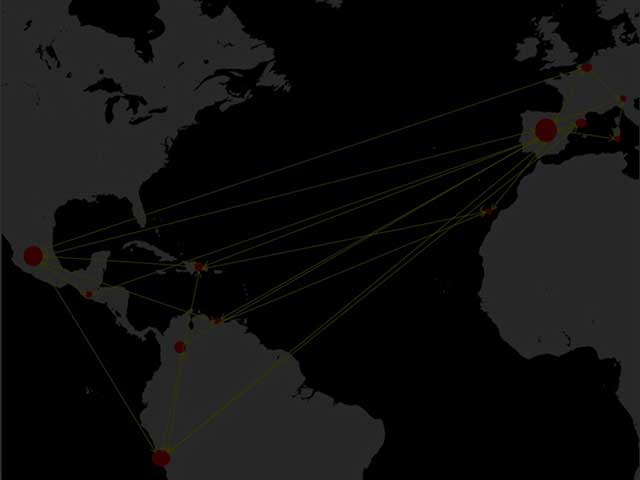
Trajectories of Reform in the Spanish World. Careering, Networks & Empire under the Early Bourbons (1700-1759)
This is an AHRC-funded project based at the University of Manchester in the UK. Using a set of case studies from the Spanish world, the project explores how early modern empires were built through the experiences, relationships and careers of itinerant royal officials – individuals whose lives were spent in official posts across multiple sites of empire.
The project’s departing point is the idea that by studying the careers and experiences of royal officials as they move across various parts of the Spanish world, rather than focusing on moments spent in a specific territory, we gain new insight into how early modern transatlantic polities operated. We track the experiences, life-trajectories, and networks of Alberto Bertodano, Antonio de Benavides and Antonio José Álvarez de Abreu to understand how the Spanish world was connected, how Early Bourbon reforms were built-up by itinerant agents. In addition, this project looks to the family, patron-client, and friendship networks to understand how individuals experiencede empires and lived the Atlantic world. Thus, we are interested in the ways in which the lives, attitudes and ideas of itinerant royal officials posted successively to various parts of the Spanish Empire contributed to the development and consolidation of the relations, dynamics and ideas which characterised the period of early-Bourbon reformism in particular, and early modern empires more generally.





